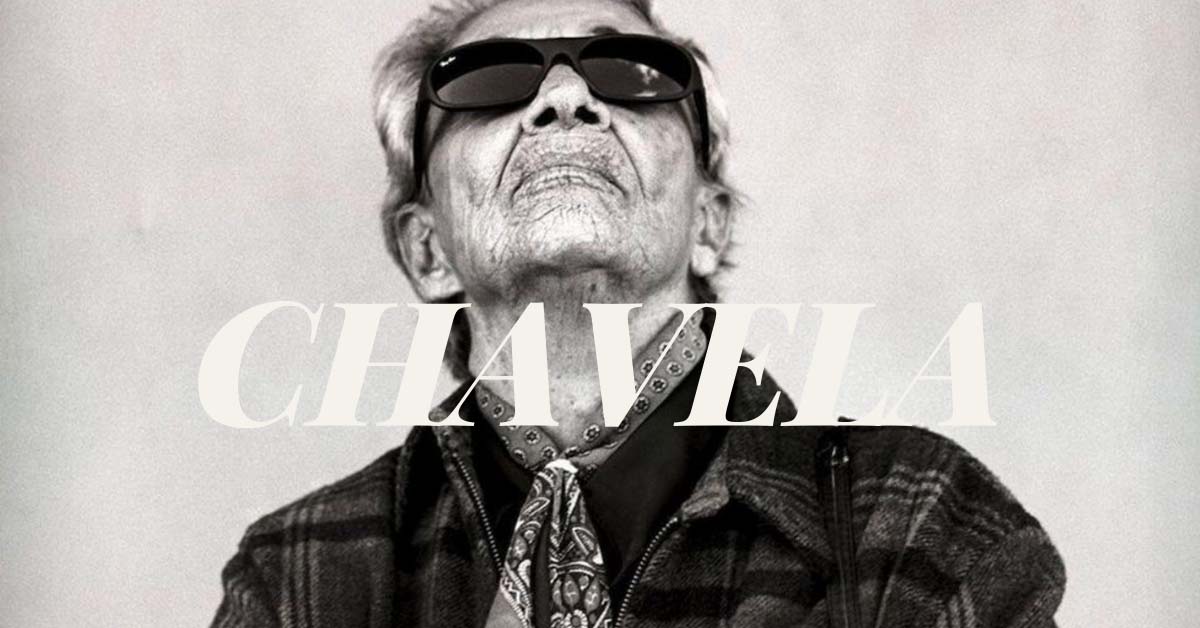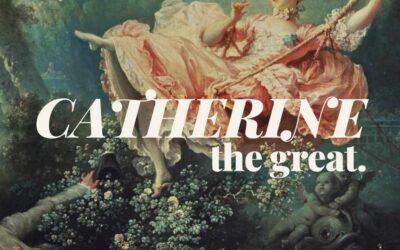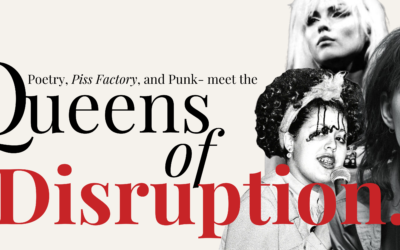“How beautiful, to be born a woman…My song is dedicated to all women of the world.”
And what a song Chavela Vargas had to give.
She combines a wounded depth of emotion in her singing with a brassy and masculine stage persona. Chavela Vargas is undoubtedly one of the most self-made people in history.
I should say, a self-made woman in a world full of men.
There’s so much more to Vargas than her music, her love of life and everything in it. More than anything else, Chavela Vargas is known throughout the world as a mold breaker- and then some.
What can you learn from Chavela Vargas’ life that you can directly apply to your own, and how did this one-of-a-kind ranchera singer captivate a patriarchal world that wasn’t fully ready to accept her?
Let me show you how Vargas lived, and how you can follow in her footsteps…
(You can listen to the corresponding playlist here.)
“A bull came out to charge against life, goring and kicking.”
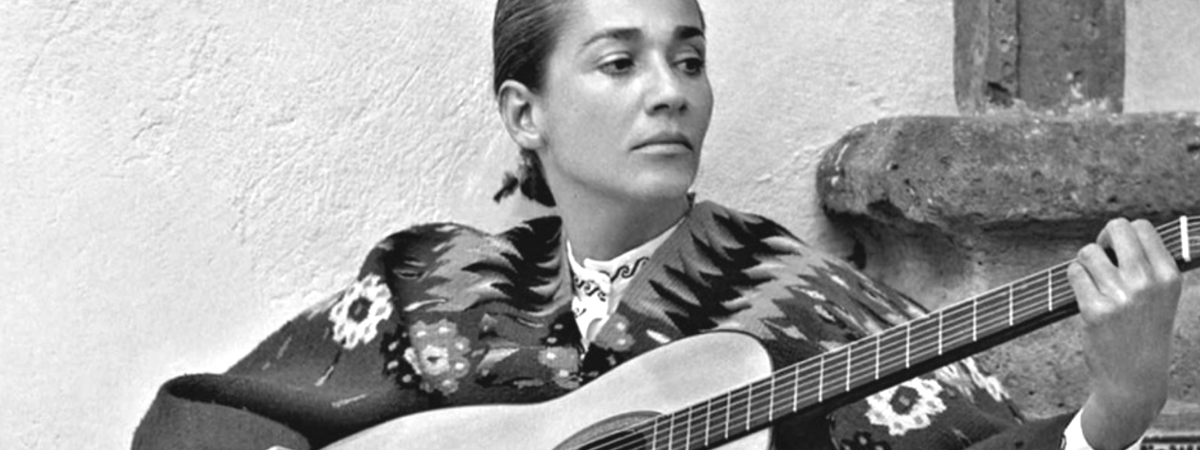
In 1919, in the small mountainous district of San Joaquín de Flores, Costa Rica, Chavela Vargas came to be. But Costa Rica isn’t where her story really begins, and certainly not where it ends.
In many ways, her story begins and ends on the stage- a stage traditionally dominated by men.
After reportedly selling chickens to pay for her bus fare, Vargas arrived in Mexico at the age of 14 and sang in multiple cantinas, on the streets- anywhere she could. There, she was discovered by José Alfredo Jiménez, an extremely popular ranchera singer at the time. The world and all its pleasures were at her disposal.
As long as she respected the masculine industry and traditions that were already established.
Well, Vargas did, but she did so in her own way. She was shocking and completely unique when she took to the stage, dressed in a poncho with a gun at her hip. She began her collaboration and friendship with Jiménez. This naturally included a fair amount of drinking, smoking, and partying, because that is what men did in this industry.
When I say fair, I should say frequent, or perhaps even unquenchable.
But this was what it meant to thrive in a masculine world, one that couldn’t get enough of her rich and melancholy vocals. Because that’s what Vargas set out to do. Rather than accept her position in the world as a woman and a meek beauty, she chose to earn the respect of men around her and thrive as someone all her own. She began to adopt songs written about women and never once changing the pronouns used.
Vargas was never going to change what she believed in or who she was in order to perform. She simply embodied her songs and allowed her passion to shape her entire career.
To me, this is what you can learn the most from Chavela Vargas. She was capable of respecting the masculine and patriarchal world around her by diving into it head-first, including all of its bad habits.
But never did she compromise her image or musical vision for the sake of any man.
In Chavela, a documentary directed by Daresha Kyi and Catherine Gund, Vargas talks about this moment in her life, describing her transformation as, “A bull came out to charge against life, goring and kicking.”
You can harness that same fiery strength (Vargas was an Aries, after all), that same self-assurance and passion for your life and career.
But how exactly did Vargas achieve this
“One’s truth will always prevail.”
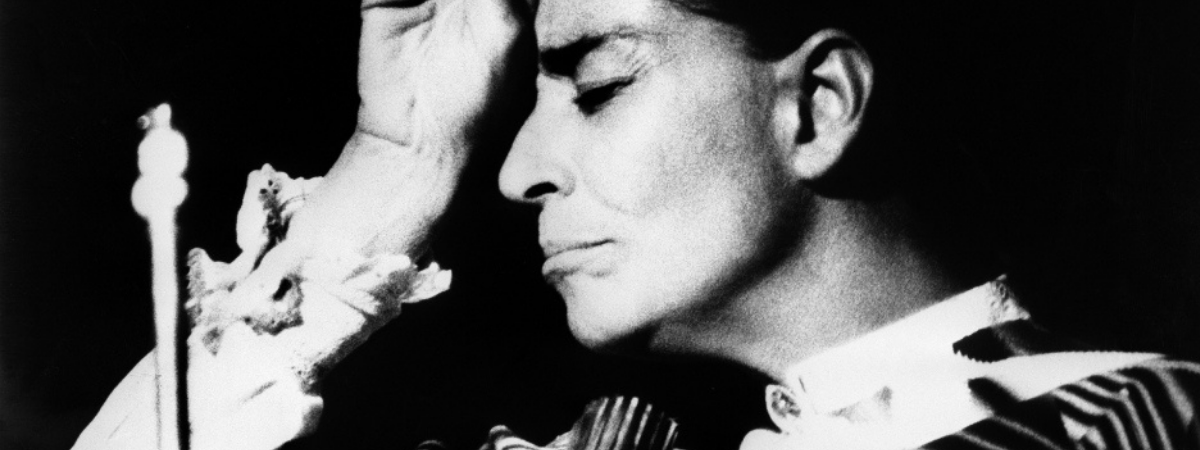
To fit into this industry, Vargas learned quickly that she had to be the most “macho” of all of the men she associated with- the drunkest, the strongest, even the most flirtatious. She knew that living in a patriarchal world meant respecting that world and learning how to live inside of it, earning respect for herself in the process.
It may all sound too similar to this New York Times article discussing women in modern-day workforces dominated by men- workforces “where proficiency is defined in masculine terms.” Vargas was comfortable accepting her more masculine presence. She was able to thrive despite all of the odds being against her.
I believe you can accomplish this too, this same uncompromising strength in the face of numerous patriarchal expectations. But, just like Vargas, earning this respect has nothing to do with compromising yourself, nor does it mean you should adopt a more masculine persona.
It all centers around being your truest self.
From top to bottom, inside and out, Vargas was changing the male-dominated ranchera music scene- she always performed like she had been recently torn apart, exhibiting much more depth vocally and lyrically than any other vocalist of her time.
She only ever used two to three guitars and her voice. Whenever she covered any of Jiménez’s songs, she removed fanciful embellishments or joy, and sang for heartbroken souls. She was captivating in a way that no one had ever seen onstage before.
And everyone- male, female, or otherwise- loved her performances.
Vargas is often seen in men’s slacks and dress shirts, a cigar in one hand and a bottle of tequila in the other. She shunned wearing makeup and fragrances, though often smelled pleasantly like tobacco. She and Jiménez were always found drinking together all night long. Everyone fell in love with her confidence and gusto, no matter their gender.
This isn’t to say that Vargas ever identified as a man, though one could make the argument that she was born in an era lacking the right vocabulary for transgender people. She only ever came out as a lesbian in her autobiography at the age of 81. It brings a ring of truth to the rumors circling her entire career.
But even Vargas admits that she never cared much for labels, that “one’s truth will always prevail”- whether it is spoken aloud or not.
This is what you can bring to the table- your honest and genuine self.
Chavela Vargas silently changing how we viewed feminine performers in the traditionally male-dominated ranchera music business. But she was also well on her way to changing how the world viewed romance and gay people.
Because Chavela Vargas couldn’t simply disrupt one tradition…
“If you haven’t loved, you haven’t lived.”
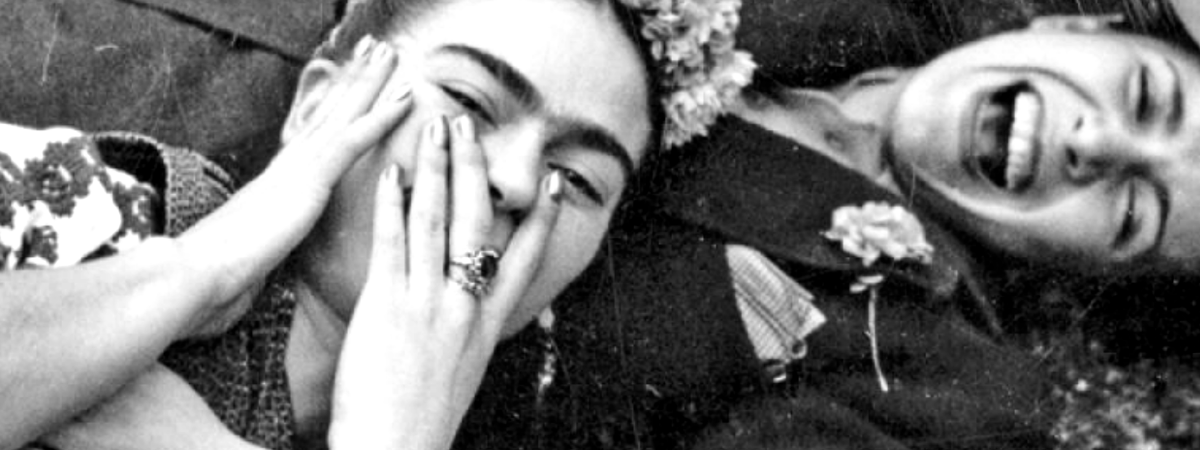
There is so much to be said for the way Chavela Vargas loved. And I’m not talking about her brief and soulful affair with Frida Kahlo or about the night of performing and partying in Acapulco when she “woke up with Ava Gardner”.
You can look at Vargas’ way of loving as another form of self-expression and disruption.
Even until the end of her life, Vargas scoffed at gender norms and labels, rebelling against anything that didn’t suit her. She enjoyed her time as a performer to the fullest, even when alcoholism became a very lethal threat to both Jiménez and Vargas.
”I was me and I lived.” She said simply in an interview for The New York Times, something that we can all learn and take to heart. Even though she lost roughly 15 years to alcoholism, she recognizes it as a part of herself. No matter how ugly that time was and how easy it would be to forget it, she never did.
Living without regret is a particular brand of boldness, and something I encourage you to take from Vargas’ story. She was shameless and all the more powerful for it. She makes a sober musical comeback despite never having performed without alcohol before.
This was a woman who worked, lived, and loved without forgetting all aspects of herself.
Vargas was never married, nor did she make many lasting romantic commitments. While some view her life as lonely, Vargas often rejoiced in and turned to solitude when she needed to. She valued her ability to forge her own path.
It’s about more than having little desire to settle down. Vargas repeatedly fell in love and made deep connections, something that can be seen in her music more than anywhere else. However, she knew what her boundaries were, and expressed these keenly and without compromise.
This isn’t to say you shouldn’t form lasting bonds with people- Vargas was heavily influenced by her relationship with Alicia Elena Pérez, as well as her late-in-life friendship with Pedro Almodóvar. She formed these relationships with the same gusto and ardor that she put into each and every one of her songs.
Just like her decades-long alcoholism. There were many relationships that soured because of her own humanity and ability to make mistakes. However, Vargas never forgot these people or denied the beautiful time she spent with them. She regards her entire life with such ferocity that I can’t help but admire her.
If Chavela Vargas has taught me anything, it’s that regret doesn’t make you stronger- accepting all parts of your life and decisions is one of the truest forms of happiness.
“I owe my whole life to Mexico. And to myself.”
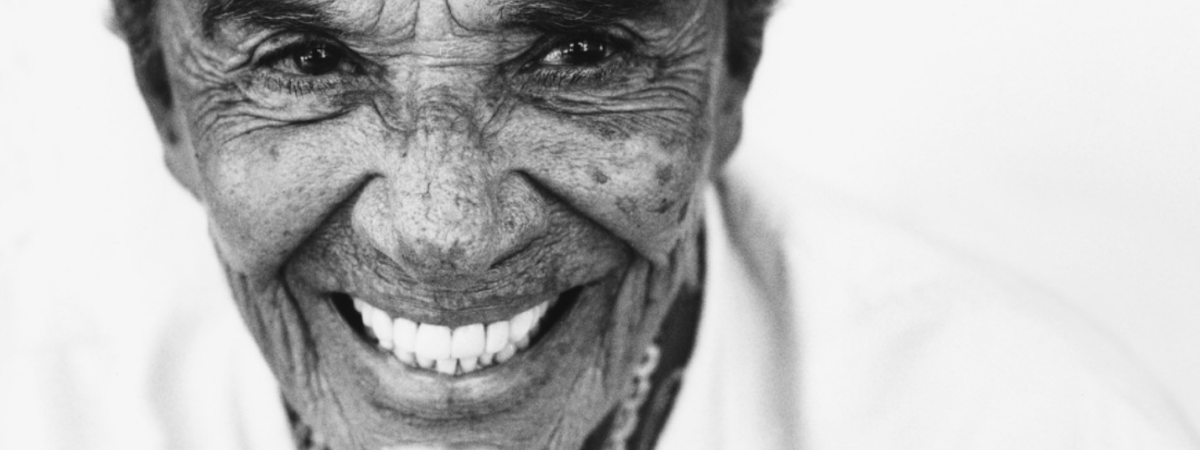
Chavela Vargas was a self-made woman before women were allowed to make themselves into anything. We can always take a few pages from her book. Even in a world that is supposedly more accepting of women in patriarchal structures.
I encourage you to listen to Chavela Vargas’ many songs. Let her mournful and sensual lyrics move you, bring you to tears. Know that she worked impossibly hard to find her place in the world, and you can too…
And you can do it all without an ounce of regret.
Noa Levit

